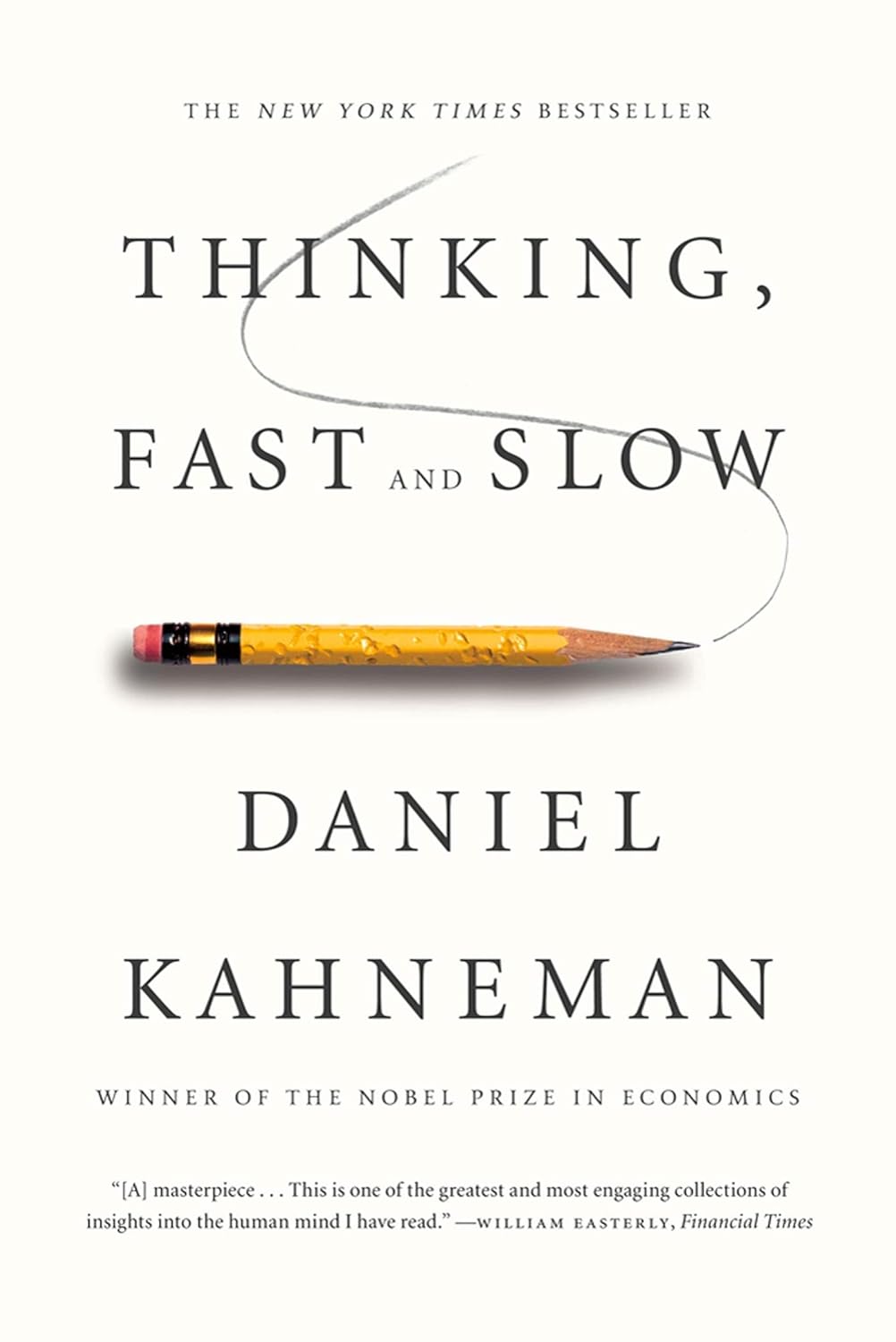Reincarnation, Dana & Shadow Work in Buddhism for Women
practice of dāna, and the vital role of Integrating the shadow all converge to offer profound transformation—and how Planet Dharma offers an integrated path to explore them all.
hen we think about Buddhism reincarnation, shadow work, and the role of women in Buddhism, we’re often left wondering how all these powerful concepts connect in modern spiritual life. Whether you're new to these ideas or exploring deeper wisdom, this guide walks you through core teachings in a relatable way—especially for women on a path of awakening.
Let’s unpack how reincarnation in Buddhism, the practice of dāna, and the vital role of Integrating the shadow all converge to offer profound transformation—and how Planet Dharma offers an integrated path to explore them all.
The Buddhist View on Reincarnation
To begin with, reincarnation in Buddhism—often referred to as rebirth—differs significantly from the Western idea of reincarnation. In Buddhism, the process of rebirth isn’t about a fixed soul jumping from one body to another. Instead, it’s a continuation of karma—actions and intentions—that shape future existences.
This view of Buddhism reincarnation offers a roadmap for growth and liberation. Rather than seeing life as a one-shot deal, Buddhism teaches that we carry seeds of past experiences and choices into our current life and future ones. It's a cycle that ends only when we reach enlightenment, or Nirvana.
Knowing this helps us understand that every moment matters. Every act of kindness, mindfulness, or generosity shapes not only this life but the next.
Buddhism for Women: Redefining the Narrative
One of the often-overlooked aspects of Buddhism is its evolving perspective on women in Buddhism. While traditional scriptures and practices may have limited female roles, modern Buddhist movements are embracing a more inclusive view.
Women and Buddhism are no longer peripheral to spiritual awakening. From teachers to community leaders, women are actively shaping contemporary Buddhist spaces. This growing involvement aligns with the teachings of the Buddha himself.
So what did Buddha say about women? Contrary to some ancient views, historical texts show that the Buddha acknowledged the spiritual capacity of women. He even established an order of nuns, showing his openness to female practitioners attaining enlightenment. The idea of buddha female may have once seemed paradoxical, but today, it’s a powerful reality.
In fact, many practitioners find unique strength in exploring Buddhism for women—spaces where compassion, community, and insight come together with feminine wisdom.
What Is Dana? The Heart of Buddhist Practice
Let’s switch gears and talk about dāna, one of the foundational practices in Buddhism. So, what is dana exactly?
Put simply, dana in Buddhism refers to the practice of giving. It’s not just about material offerings; it's about cultivating generosity as a spiritual path.
Practicing Buddhism dana can take many forms—donating time, resources, or knowledge. It opens the heart and softens the ego. This isn't just a moral guideline; it’s a transformative practice that counteracts greed and builds merit for future lives—tying back to our earlier discussion on Buddhism reincarnation.
As dāna becomes second nature, it reinforces interconnectedness and gratitude. Whether you're offering food to monks, volunteering your time, or sharing your energy with someone in need, you’re actively practicing a vital part of the path.
Shadow Work: A Spiritual Necessity
Now, here’s where things get even more transformative—let’s dive into Shadow Integration and how it connects to Buddhism.
In modern spiritual psychology, shadow work refers to uncovering and integrating the hidden or unconscious parts of ourselves—our fears, wounds, and conditioned responses. These often lie beneath the surface, shaping our reactions and beliefs.
But what is shadow work spirituality in a Buddhist context?
At Planet Dharma, teachings on Integrating the shadow invite us to confront what we usually avoid. Buddhist practices like mindfulness and meditation are perfect tools for recognizing and embracing these hidden parts.
By actively engaging in Shadow work, we move from repression to transformation—bringing light into our darkest corners. This process of shadow transformation is crucial for real awakening. Why? Because ignoring these aspects limits how fully we can show up for ourselves and others.
This is particularly important for buddhism for women, where societal conditioning may have created inner conflict or self-doubt. Through shadow integration, these barriers can be seen, understood, and healed.
How It All Connects: A Holistic Path
Let’s zoom out for a moment. Why do these topics—reincarnation in Buddhism, dāna, women in Buddhism, and shadow work—belong in the same conversation?
Because spiritual growth isn’t linear. It’s cyclical and interconnected, much like the Buddhist view of rebirth. If we don’t address our shadow, our karma carries it forward. If we don’t practice dāna, we cling to ego. If we exclude women’s voices, we lose balance and wholeness.
For example:
-
Practicing dāna loosens the grip of ego, helping us purify karma.
-
Addressing the shadow allows us to stop projecting pain onto others—breaking cycles.
-
Embracing the role of women in Buddhism honors the full range of human wisdom.
It’s a symbiotic relationship. These practices feed one another, deepening your path and enriching your understanding.
Planet Dharma: Bridging Wisdom and Modernity
All these insights—buddha about women, what is dana, shadow transformation, and more—are beautifully explored at Planet Dharma. The platform blends ancient Buddhist wisdom with modern psychological tools, offering courses, retreats, and resources for seekers worldwide.
Whether you're just beginning or looking to deepen your path, Planet Dharma offers guidance that’s both accessible and profound.
From teachings on reincarnation in Buddhism to practical tools for shadow integration, their mission is to make awakening possible in this lifetime—and especially to empower voices that have historically been marginalized.
A Final Thought: Your Inner Journey Matters
Buddhism isn’t about following a set of rigid rules. It’s about waking up—to your patterns, your gifts, your shadows, and your potential.
If you’re a woman exploring buddhism for women, or someone seeking to understand what is shadow work spirituality, or simply interested in how dāna and reincarnation interweave, know this: you’re not alone, and your journey is valid.
And with platforms like Planet Dharma guiding the way, you're in good hands—ready to embrace the fullness of your spiritual path, with all its light and shadow.











































































































![Building A Digital PR Strategy: 10 Essential Steps for Beginners [With Examples]](https://buzzsumo.com/wp-content/uploads/2023/09/Building-A-Digital-PR-Strategy-10-Essential-Steps-for-Beginners-With-Examples-bblog-masthead.jpg)


















































